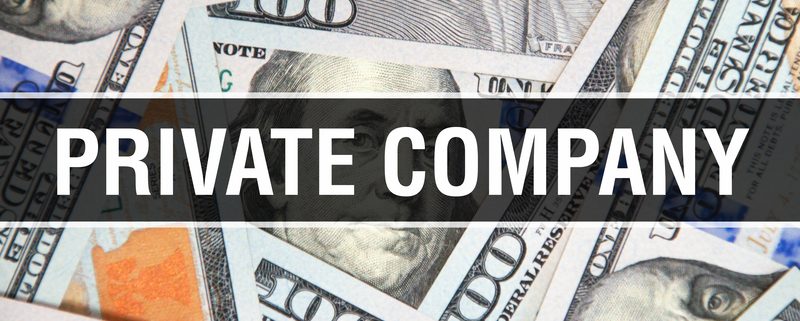What Kinds of Private Company Investing Can You Do with a Self-Directed IRA?
When using a Self-Directed IRA, perhaps the most obvious change is the wide range of retirement assets you can choose from. Without a brokerage selecting your options for you, you have access to the full range of allowable retirement investments. But that also means you must consider one thing: what does that mean for you? For many people, that means investing in private companies. However, private companies—that is, companies whose stock is not on a public exchange—aren’t only about buying and selling stock. Here’s what you’ll need to know to get familiar with Private Company Investing within a Self-Directed IRA.
Two Primary Types of Private Company Investing Within a Self-Directed IRA
The first thing to know is that when many people talk about investing in private companies through an IRA, they’re typically talking about one of two things. In the first option, you may own private stock in a company. For example, Peter Thiel made headlines across the world when it was revealed he apparently kept PayPal stock within a Roth IRA. Because the company’s stock became so valuable over time, this meant potentially billions of dollars within an IRA. This is a famous example of using private company stock within a Self-Directed IRA to realize massive gains in a retirement portfolio.
Another strategy is to use what many people call a “Checkbook IRA.” In this case, an investor will set up a Single Member LLC, which is held by a Self-Directed IRA. Because that Single Member LLC has its own checking account, and therefore its own checkbook, this has interesting implications. The control over that checkbook reverts back to the manager of the LLC, which makes it a flexible option for investing in a wide range of retirement assets within an IRA.
Technically, both strategies mean investing in “private companies.” However, you might notice how divergent they really are. One means that an investor retains more control, while the other may simply mean being a silent partner in a company in which you own a small share of stock. Both are valid strategies when set up the proper way through a Self-Directed IRA, you just have to decide if these strategies are for you.
Understanding Private Company Investing
Private Company Investing is something that’s available to most investors. It’s just that many investors choose to do so through personal investments and not under the umbrella of a Self-Directed IRA. When using an IRA, of course, the consequences mean tax protections within the account. For example, holding a private company stock that went parabolic in terms of its value growth in a Self-Directed Roth IRA can mean having no tax liability for the money on the back-end, during retirement. This is a powerful way to invest for retirement that can give investors plenty of options later in life.
Private companies, of course, also require plenty of due diligence and know-how. Most people don’t simply “happen” into a private company. They have to do research. They have to find opportunities. They often have to go out into the world and discover opportunities that are there.
This is a proactive approach, which is usually fine with Self-Directed IRA investors. Self-directing simply means an investor takes control over their own retirement financial destiny. And this is a powerful arrangement that can suit people who do their own research and leverage their experience as they invest for their retirement.
Interested in learning more about Self-Directed IRAs? Contact American IRA, LLC at 866-7500-IRA (472) for a free consultation. Download our free guides or visit us online at www.AmericanIRA.com.





